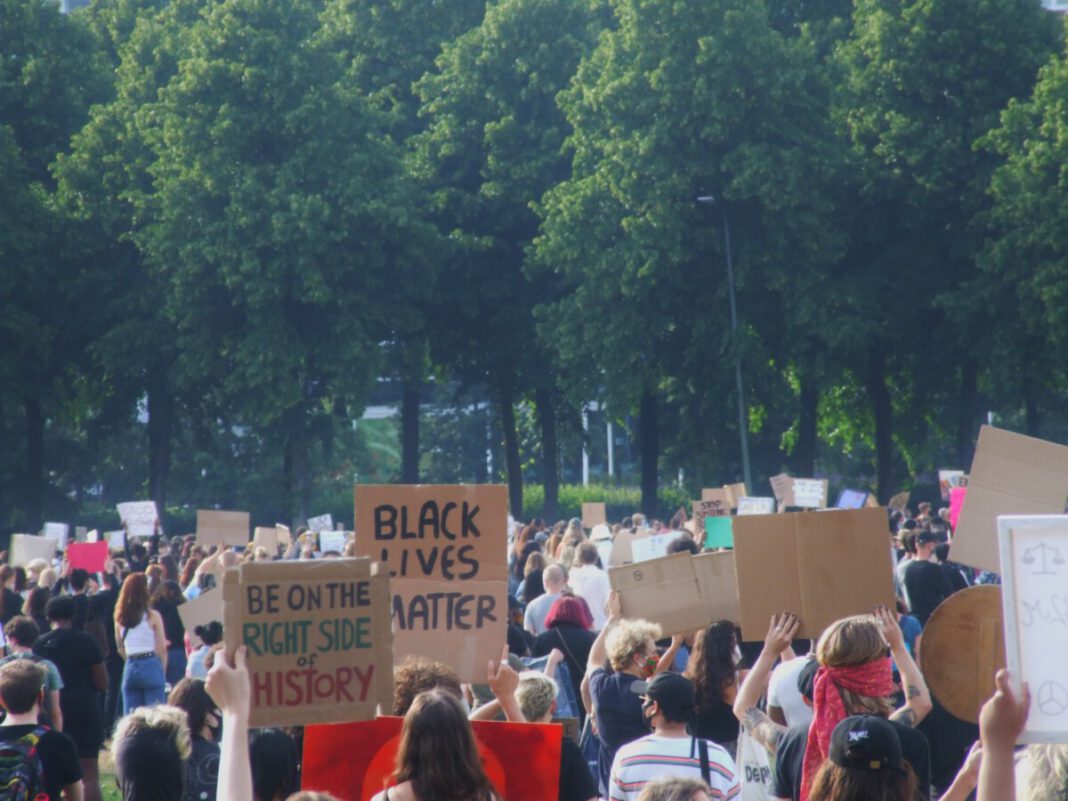Two weeks after the protest on Dam Square against police violence and racism, no related infections have been found by the GGD.
On June 1, between 5,000 and 14,000 people gathered on Dam Square. Towards the centre of the crowd, people were unable to keep 1.5m distance from each other, though most demonstrators wore masks. The protest was mired in controversy, as people feared that it would be the cause of a second wave.
Such fears were apparently unfounded, as two weeks in, no infections related to the protest have been reported to the GGD, AD reports. Two weeks is the incubation period for coronavirus, during which a person might be infected but not yet show symptoms.
The same is true of the Rotterdam protest, which was shut down early because protestors did not keep 1.5m from each other. Although its incubation period technically expires tomorrow, so far we haven’t seen any related infections there either.
Large gatherings still have potential to cause infections
Despite this generally good news, microbiology professor Bert Niesters pointed out that this does not mean that future demonstrations would not have some element of danger. “The more you organise it, the more likely it is that it will lead to infections once in a while.”
There have been higher positive test numbers in both Amsterdam and Rotterdam after the protests, but this is likely not related to the protests themselves, as none of those who have tested positive were at the protests. Furthermore, on June 1, the date of the Amsterdam protests, the Netherlands opened testing to anyone with symptoms- so the numbers before the protests are not really comparable with those that came after.
You can follow DutchReview on Facebook for more updates on coronavirus in the Netherlands.
Feature Image: Vlad Moca-Grama/Supplied


